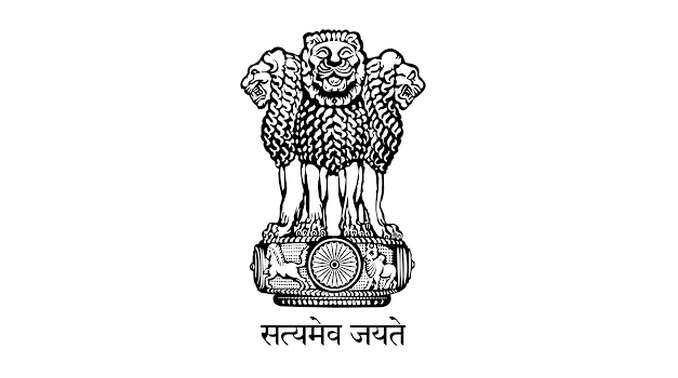Here is the next post in the series of Student Blog Contest.
This post is authored by Archit Gupta & Ankit Agarwal.
Keeping in mind the promise made by the new Central government to bring a new Intellectual Property Rights policy, the Department of Industrial Policy and Promotion has constituted an IPR Think Tank to draft the National Intellectual Property Rights Policy and to advise the government on IPR issues. The panel will identify areas in IPRs where study needs to be conducted and furnish recommendations in this regard to the Commerce Ministry and will also advise the government on best practices that needs to be followed in trademark offices, patent offices and other government offices dealing with IPRs. This seems to be a laudable measure as it shows that the government is serious to bring necessary changes in India’s IP enforcement system, which has been long criticized by foreign manufactures as being too relaxed and slow.
However, the constitution of this think tank has been a source of controversy. Some of its members are connected with the major pharmaceutical manufacturers and one of the members is the head of an IPR based law firm, which has been fighting for these pharmaceutical companies in the courts. Justice Prabha Sridevan, former chairperson of Indian Intellectual Appellate Board (IPAB), who is chairing the think tank. She has given some of the judgments related to compulsory licensing.
This think tank was formed even while the government had received a draft national IPR policy from a three-member group of renowned academics that the DIPP constituted on July 24. This committee—comprising Prabuddha Ganguly, IPR chair professor of Tezpur University; Shamnad Basheer, IPR expert; and Yogesh Pai, assistant professor at National Law University, Delhi—submitted a draft national IPR policy on October 21. There has been no correspondence from the DIPP regarding the mandate of this committee and its recommendations seem to be going down in the drain.
This move by the government is crucial as the India has been put in “priority watch list’ by the United States Trade Representative and the government has recently launched “Make in India” campaign. It must be seen that whether the committee would be able to accomplish its mandate and draft a transparent IPR policy keeping in mind the interests of all stakeholders.
– Post authored by Archit Gupta & Ankit Agarwal
References: Here, here and here
Image Source – This work is in the public domain in India because its term of copyright has expired.



